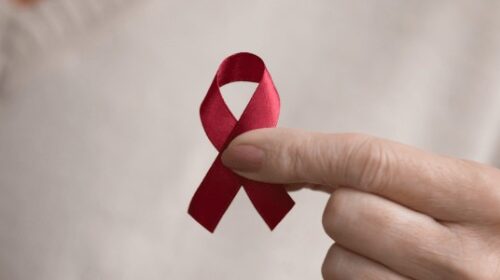The need for addiction intervention has gotten increasingly urgent as substance abuse has impacted more and more families and relationships. No matter how much we think we know our loved ones or how attuned we believe we are to their feelings, needs, and behaviors, they often struggle in silence without us seeing it until it’s too late.
This lack of awareness can be especially common when it comes to drug or alcohol use, but the stakes have gotten too high to ignore or not see a problem when it exists. While it’s always been critical to try to get your loved one help for addiction as soon a problem is identified, the emergence of fentanyl, including its presence in more and more street drugs and its incredible potency, has escalated the urgency even more.
If you believe someone you love or care about is battling substance abuse, here are some signs they may need help and tips on organizing an addiction intervention.
Does My Loved One Need an Intervention?
It can be hard to know if your loved one is struggling with substance use disorder. For one thing, they may go to extreme lengths to hide their behavior. For another, especially in the context of drinking, many may have a hard distinguishing “casual use” and escalating substance use disorder.
While different people may exhibit different behavior, some of the main signs that your loved one may need help for addiction include, but are not limited to:
- Keeping Odd Hours or Sleeping More or Less Than Usual
- Isolating Themselves from the Rest of Your Family
- Experiencing Sudden Financial or Legal Issues
- Missing or Declining in Work or School
- Ditching Their Former Group of Friends to Get High or Drunk with New Ones
- Disappearing for Long Periods of Time and Coming Home High or Drunk
- Lying to You or Stealing Money from You
- Losing or Gaining Large amounts of Weight
- Acting Erratic, Violent, and Aggressive Out of Nowhere
- Constantly Preoccupied with Drinking or Using
- Disinterested in the Things and People that Once Made them Happy
- Getting Angry or Irritated when Questioned about their Use
- Physical and Psychological Withdrawal Symptoms
If you or someone you care about is exhibiting these or any other physical or behavioral indicators, you may have more power than you think to help them find their way to treatment.
Tips for Organizing an Addiction Intervention
Let’s start with defining what an addiction intervention is: a gathering of concerned loved ones, friends, colleagues, and/or others for the purposes of convincing someone struggling with alcohol or drugs to get help. While the exact makeup and format will be a bit different for everyone based on what their social life and community look like, some of the more common and helpful universal tips include:
- Work with A Licensed Intervention
- Make A Solid Plan and Stick to It
- Pick A Convenient Location
- Keep the Gathering Smaller and more Intimate
- Invite Individuals that Person Loves or Respects and Will Listen To
- Have Participants Prepare Impact Statements
- Stay Objective, Direct, and Compassionate
- Ensure The Person That You’re There to Help and Not Judge Them
- Speak Calmly and Firmly; Don’t Yell or Shout
- Give Them a Chance to Speak
You should also provide a clear set of consequences and accountability parameters if they refuse to seek help and stick to them.
One of the keys to a successful addiction intervention is to keep the meeting from becoming an emotionally charged shouting match and blame game. A professional interventionist will help keep the dialogue on track and minimize the conflict.
Recovery Unplugged offers compassionate, effective intervention services to families and individuals all over the country who have been impacted by addiction. Call us now so we can help your loved one or friend.

























